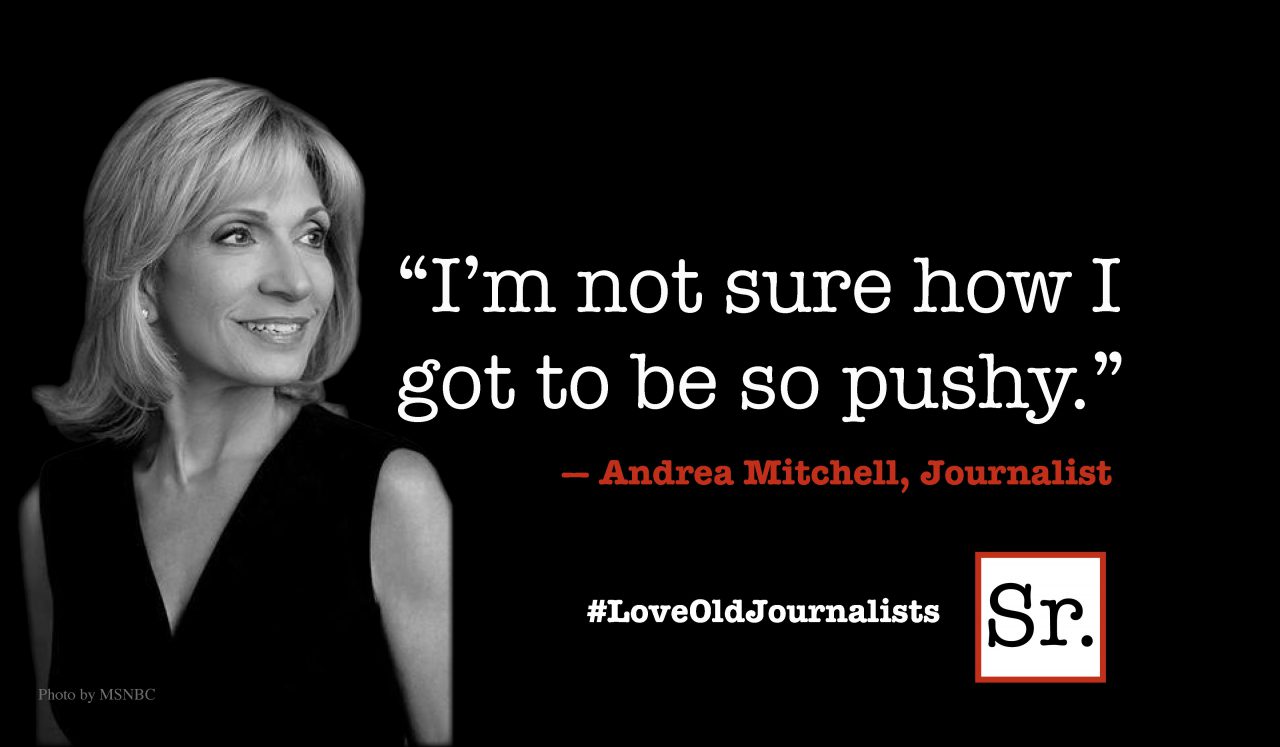Q: Is three hours of one sport once a week too much for a 7-year-old? This sport meets from 6 – 9 PM. It is nearly 10 PM before child is in bed, as opposed to his usual 8:30 bedtime. My husband thinks it’s OK. He points out that our son’s homework is not suffering and he’s not sleep deprived (though he’s often grumpy the next morning). This activity takes place on Tuesdays, which has the potential to become three nights of later-than-hoped-for bedtimes, due to church on Wednesday evening and another activity on Thursdays. I would appreciate your thoughts on this.
A: Well, your husband could argue that you’ve asked the wrong guy. Two reasons: First, I am completely against adult appropriation and micromanagement of activities that children once organized and managed themselves; second, while I sometimes enjoy watching a good college or professional sports matchup, I don’t care who wins. I liberated myself from sports long ago and have no regrets. I save emotional and mental energy for far better purposes.
I realize the adults who run children’s sports programs have good intentions, but the children in question are not deriving the full benefit of learning decision-making, problem-resolution, and leadership skills. I maintain they aren’t even learning the true art of teamwork. All that went out the window when "involvement" became a parenting buzzword. Adults have turned what was once fun into performance events.
The alternative is for a minimum number of adults to supervise children’s sports events and for the kids to pick captains and teams, varying the team make-up each time. The children themselves decide who plays what position and resolve disagreements. Take it from a guy who played lots of sandlot sports when he was a youngster, the learning that takes place within that context is invaluable, in both the short- and long-term. Bullying may even become much less of a problem under such circumstances.
I also maintain that organized after-school pursuits of whatever sort should not regularly take precedence over family meals, family activities, and other obligations, such as chores, homework (the child should never feel rushed), and adequate sleep.
Then there’s the matter of your son's thoughts on the subject. What does he think about all of this? Is he invested in this sport or is he simply doing what his dad wants him to do? If given the opportunity to quit (which doesn't doom him to becoming a lifelong quitter), would he take it?
Having said all that, my best answer to your question is that when you and your husband disagree about a parenting issue and can’t find a compromise, the default position should always be "no." That understanding, entered into by both parents willingly, saves lots of emotional energy. It means that sometimes one person wins and other times loses.
Family psychologist John Rosemond: johnrosemond.com, parentguru.com.









